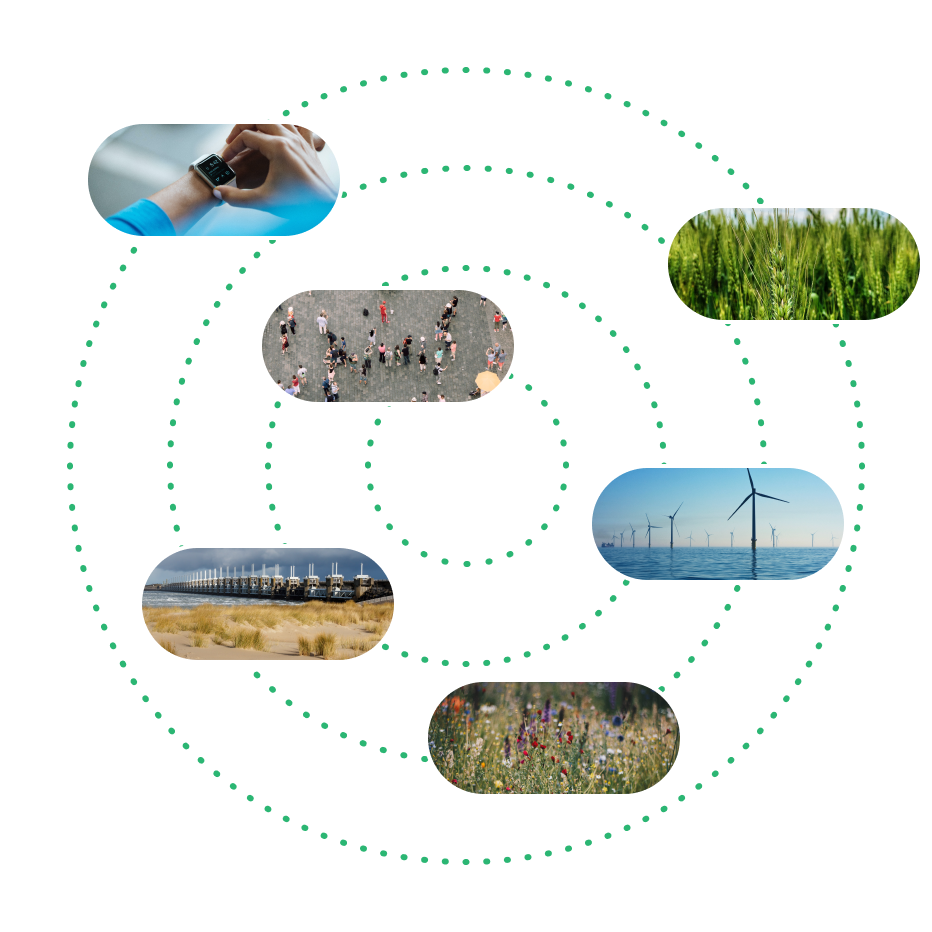MAIA Policy Workshop “Agroecological Practices for Sustainable Transformations of the Agri-Food System: Insights from the Region of Western Greece”

Event report
Key details
Date: February 21, 2025
Time: 10:00 – 12:00 CET
Event type: In-person
Location: N.N.R. Patras-Athens 32, Patras
Language: Greek
Key messages
Western Greece’s agriculture faces serious problems, including climate change, soil deterioration, and economic constraints. The event will explore at how switching to agroecological practices might improve resilience, productivity, and livelihoods in the region.
The AE4RIA Team, a member of the FABLE Consortium, will present insights into the usage of the FABLE Calculator, a powerful tool for modeling agroecological scenarios. Attendees will learn about the expected effects on greenhouse gas emissions, biodiversity, land use, agricultural production, employment, and income by 2050. The ultimate goal is to collaborate on a roadmap that balances economic viability and environmental sustainability, paving the path for effective agroecological implementation in Western Greece. To achieve this goal, the session will feature a panel discussion, bringing together regional representatives alongside experts in the field.
Following the panel discussions, the MAIA Project will present a suite of tools aimed at bridging knowledge gaps, improving climate research accessibility, and encouraging stakeholder engagement. This workshop intends to address technical, organizational and policy challenges by combining regional practitioners’ field insights with FABLE modeling and MAIA resources.
Aims
- Highlight the transformational potential for increasing the intensity of agroecological practices in Greek Agriculture
- Identify challenges for implementation in the Region of Western Greece leveraging knowledge from regional practitioners and experts
- Earmark policy initiatives to drive this change
- Ideate on sustainable agri-food pathways for the Region of Western Greece
- Enhance interconnectedness with knowledge and practices across the EU regional landscape
- Highlight the role of MAIA Tools and Services
Agenda
Opening Remarks: Mr. Andreas Filias, Deputy Regional Governor for Agricultural Development
FABLE Presentation: Dr. Konstantinos Dellis, Senior Researcher at Athena Research Center: Overview of the initiative, goals, and relevance to the agri-food sector.
Panel Discussion
Moderator: Dr. Fanis Zacharatos, Researcher, Athena RC | Postdoctoral Researcher, HOU | Scientific Associate, Region of Western Greece.
Panelists:
- Dr. Spiros Papaspirou, Director of Agricultural Economy, Region of Western Greece (PDE)
- Dr. Kostas Milios, Director of Veterinary Services (PDE)
- Professor Pantelis Barouchas, Department of Agriculture, University of Patras & Director of Soil Laboratory of PDE
- Stakeholder Contributions (Brief statements or feedback from various stakeholders in attendance.)
MAIA Workshop
Moderator: Dr. Konstantinos Dellis and Hezal Dilan Sari, MA, Researcher at Athena Research Center
Activity 1: Key Challenges and Their Severity: This activity will be an interactive exercise in which participants will identify and prioritize the most significant barriers to the broad adoption of agroecological techniques in Western Greece. Participants will gain a common understanding of the key challenges, such as technological, economic, social, and policy barriers through group discussions.
Activity 2: Interest – Influence Matrix: This activity will map key agricultural stakeholders across the Quadruple Helix (Public sector, private sector, non-governmental organizations, and research & academia) at the subnational, national, and EU levels, based on their level of interest in and influence over the implementation of agroecological methods. Participants will acquire significant insights into the political landscape and build strategies for effectively interacting with different groups of stakeholders to facilitate the transition to more sustainable agriculture systems by assessing their positions in the matrix.
Registration details
Please contact us

Comments
There is no contentYou must be logged in to reply.